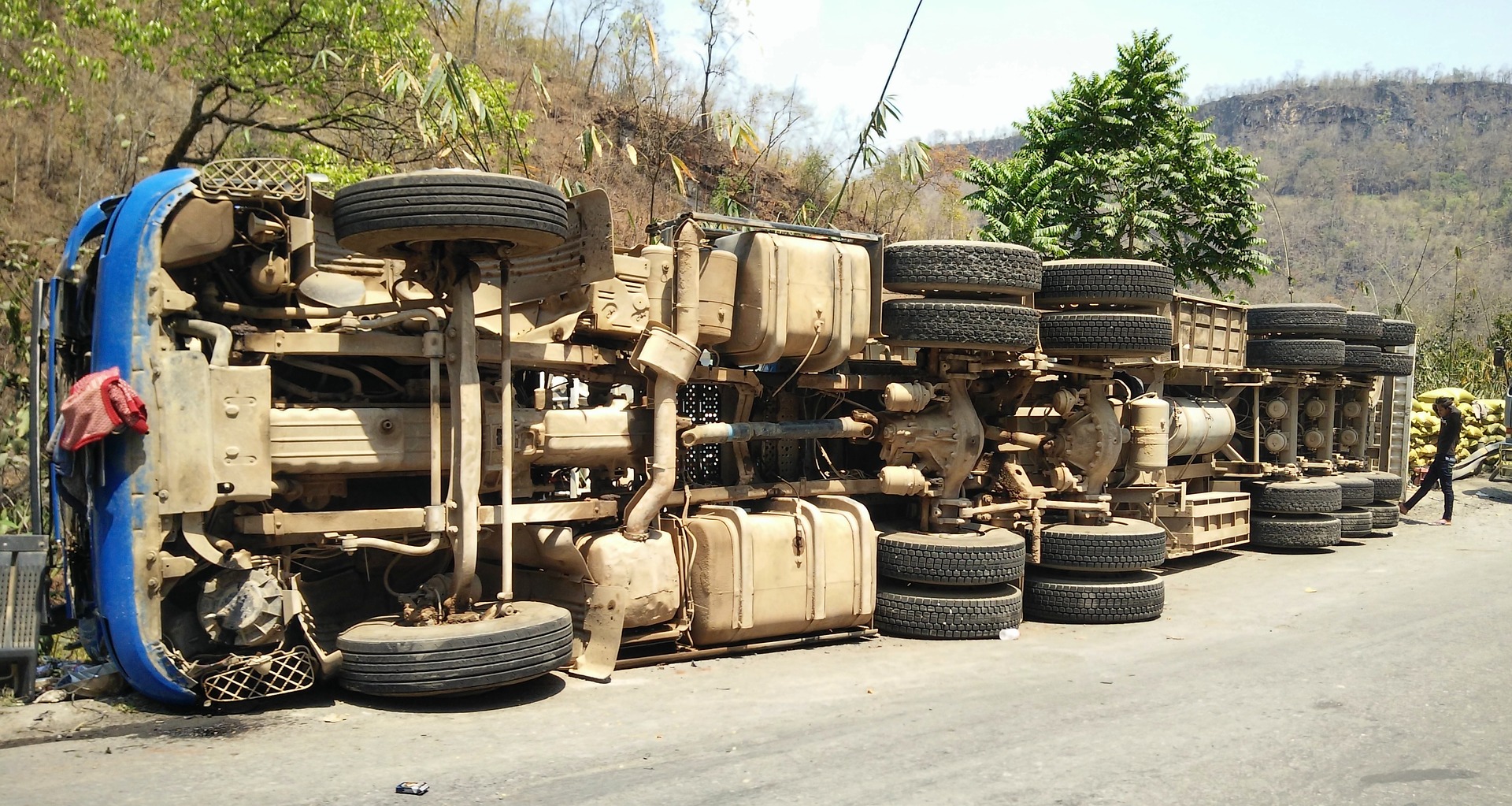Determining liability in weather-related truck accidents involves assessing whether the truck driver or other parties acted negligently given the weather conditions.
Weather conditions play a significant role in driving safety, and their impact on truck accidents in Virginia cannot be underestimated. From heavy rain to fog and snow, adverse weather can drastically affect road conditions, vehicle handling, and driver performance. Understanding how weather conditions contribute to truck accidents is essential for improving safety and ensuring that those affected receive appropriate legal support. Consulting a truck accident law firm in Virginia can provide valuable guidance in navigating the complexities of truck accident claims influenced by weather-related factors.
How Weather Conditions Affect Trucking Safety
Weather conditions can create hazardous driving environments that increase the risk of truck accidents. Each type of adverse weather poses unique challenges for truck drivers and can lead to dangerous situations on the road.
1. Rain and Wet Roads
Rain creates slippery road conditions that significantly impact truck handling and braking.
- Hydroplaning: On wet roads, trucks are at risk of hydroplaning, where the tires lose traction with the road surface due to a layer of water. This can cause the truck to skid uncontrollably.
- Reduced Visibility: Rain can reduce visibility, making it difficult for drivers to see other vehicles, road signs, and obstacles. This increases the risk of collisions.
- Longer Stopping Distances: Wet roads increase the distance required for trucks to stop, making it more challenging for drivers to avoid accidents.
2. Snow and Ice
Snow and ice present some of the most challenging driving conditions for trucks.
- Ice Formation: Ice on the road can create extremely slippery conditions, leading to loss of control and skidding. Black ice, which is hard to see, poses an additional risk.
- Snow Accumulation: Accumulated snow can obstruct roadways and reduce traction. Snowplows may not always keep up with snowfall, leading to hazardous driving conditions.
- Visibility Issues: Snowstorms can reduce visibility and obscure road markings, making navigation difficult.
3. Fog
Fog creates a dense, low-lying cloud that significantly impacts visibility.
- Reduced Sight Distance: Fog can limit visibility to just a few feet, making it difficult for truck drivers to see far ahead and react to obstacles or changes in traffic conditions.
- Increased Risk of Rear-End Collisions: Due to reduced visibility, trucks may not notice slower-moving vehicles in front of them, increasing the risk of rear-end collisions.
4. Wind
Strong winds can affect truck stability and control.
- Crosswinds: Gusty crosswinds can push trucks sideways, making them more challenging to control. This can lead to the truck drifting into other lanes or off the road.
- High-Wind Conditions: High winds can also impact the handling of high-profile trucks, such as those with large trailers, making them more susceptible to tipping over.

Truck accident; image by Richard442, via Pixabay.com.
Legal Considerations in Weather-Related Truck Accidents
When weather conditions contribute to a truck accident, several legal factors come into play. Understanding these considerations can help those affected seek appropriate compensation and address the complexities of their case.
1. Establishing Liability
Determining liability in weather-related truck accidents involves assessing whether the truck driver or other parties acted negligently given the weather conditions.
- Driver Responsibility: Truck drivers are expected to adjust their driving behavior based on current weather conditions. Failure to do so, such as driving too fast for wet or icy roads, may be considered negligence.
- Employer Liability: In some cases, the trucking company may also be liable if they failed to provide adequate training or equipment to handle adverse weather conditions.
2. Evidence Collection
Gathering evidence is crucial in proving liability and understanding the role of weather conditions in the accident.
- Accident Reports: Obtain official accident reports that detail the conditions at the time of the crash and any contributing factors.
- Weather Data: Collect weather reports and data from the day of the accident to demonstrate how weather conditions impacted the driving environment.
- Witness Statements: Collect statements from witnesses who observed the accident or the weather conditions leading up to it.
3. Insurance Claims
Insurance claims for weather-related truck accidents can be complicated by the factors affecting liability and damages.
- Insurance Coverage: Ensure that all insurance policies, including those for the truck driver and the trucking company, are reviewed to understand coverage and compensation options.
- Claim Negotiation: Work with a truck accident law firm in Virginia to navigate insurance claims and ensure that all aspects of the weather-related factors are considered in the settlement.
Steps to Take After a Weather-Related Truck Accident
If you’ve been involved in a truck accident influenced by weather conditions, taking the following steps can help protect your rights and support your recovery.
1. Seek Medical Attention
Prioritize your health and safety by seeking medical attention immediately, even if you feel fine. Some injuries may not be immediately apparent but could become serious over time.
2. Document the Scene
Collect detailed information about the accident scene, including:
- Photos: Take photographs of the accident scene, vehicle damage, and any weather conditions that were present.
- Road Conditions: Document the road conditions and any relevant environmental factors that may have contributed to the accident.
3. Report the Accident
Report the accident to the relevant authorities and your insurance company. Provide accurate details about the weather conditions and how they may have affected the accident.
4. Consult a Truck Accident Law Firm
Engage with a truck accident law firm in Virginia to receive legal advice and representation. An experienced attorney can help you navigate the complexities of weather-related truck accidents, gather necessary evidence, and pursue fair compensation.
Working with a Truck Accident Law Firm
A specialized truck accident law firm can provide valuable assistance in handling your case, particularly when weather conditions play a role.
1. Legal Expertise
Attorneys with experience in truck accidents understand the unique challenges associated with weather-related incidents and can offer expert legal guidance.
2. Evidence Collection and Analysis
Law firms can help gather and analyze evidence related to the weather conditions and their impact on the accident. This includes working with accident reconstruction experts and obtaining weather data.
3. Negotiation and Representation
A truck accident law firm can negotiate with insurance companies and represent you in court if necessary. Their expertise ensures that your rights are protected and that you receive fair compensation.
Conclusion
Weather conditions significantly impact truck accidents, creating hazardous driving environments that increase the risk of collisions. Understanding how different weather conditions affect trucking safety and working with a truck accident law firm in Virginia can help you navigate the complexities of weather-related accidents and pursue appropriate compensation.
If you or a loved one has been involved in a truck accident influenced by adverse weather conditions, seeking professional legal assistance is crucial for protecting your rights and achieving a favorable outcome. An experienced attorney can provide the support and guidance needed to address the challenges of your case.


Join the conversation!